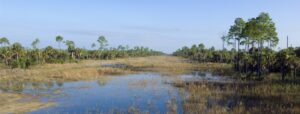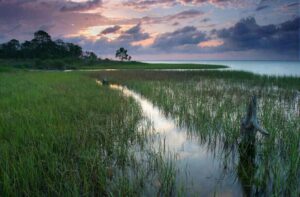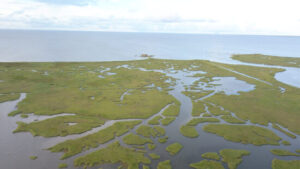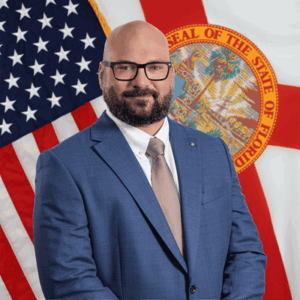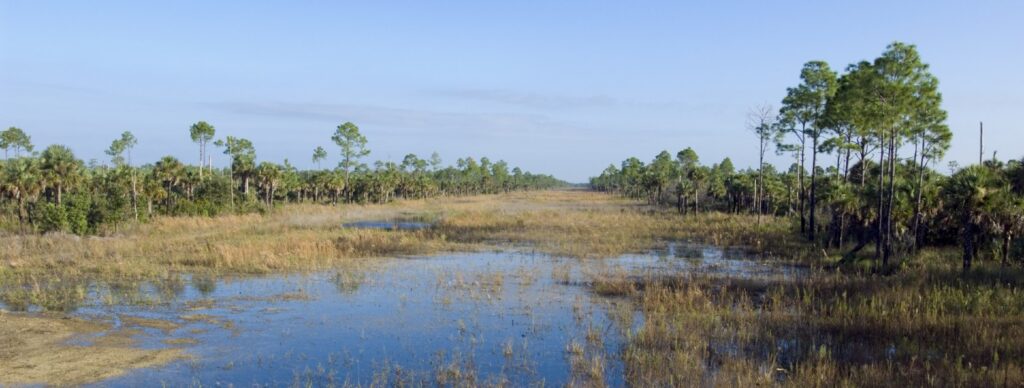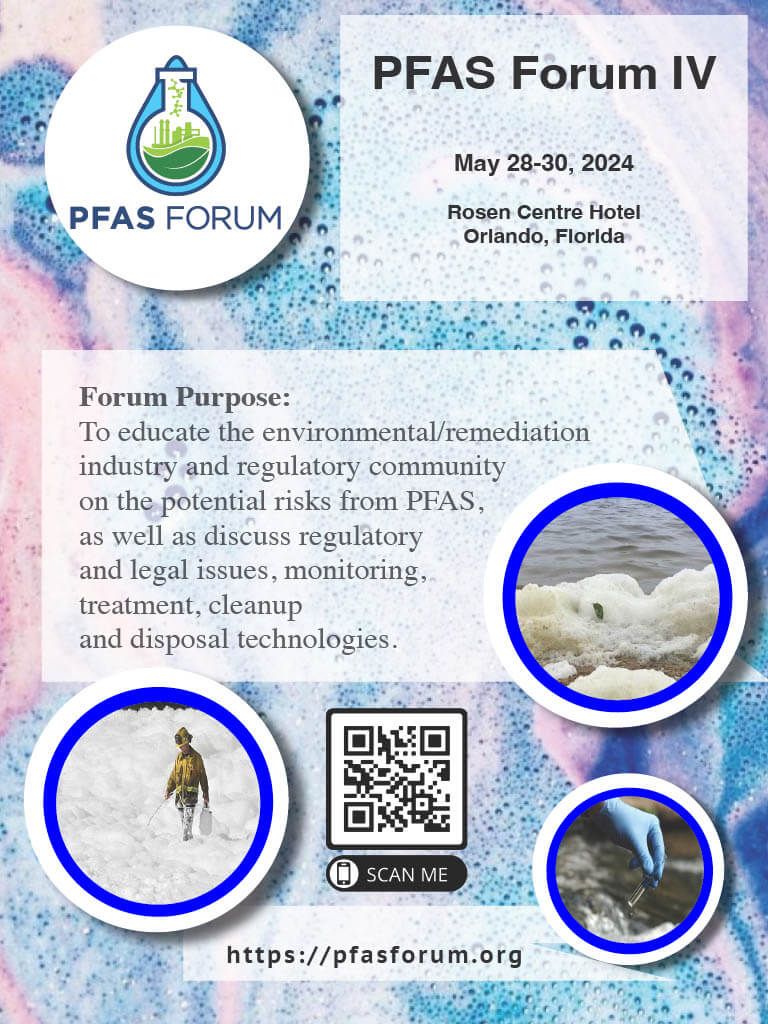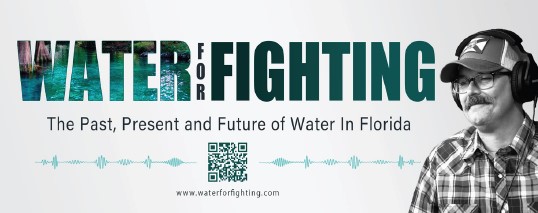By Jay Hoecker,
Water Resources Bureau Chief, SWFWMD
As Polk County has continued to grow, increasing water withdrawals from the Upper Floridan aquifer have put a strain on the county’s lakes, wetlands and natural systems. Now, two major projects are underway that will provide a sustainable water supply for Polk County’s future. Southwest Florida Water Management District (District) Water Resources Bureau Chief Jay Hoecker explains how the District is working with the Polk Regional Water Cooperative (PRWC) to create these critical alternative water supplies.
Q: Why is water supply a challenge in Polk County?
Polk County lies wholly within the Central Florida Water Initiative (CFWI) and the majority of the county also lies within the District’s Southern Water Use Caution Area, where groundwater withdrawals have caused adverse impacts to lakes, wetlands and natural systems. The District identified that Polk County was reaching sustainable limits of traditional groundwater supplies through the 2015 CFWI Regional Water Supply Plan and would need to begin developing alternative water supplies.
Q: What is the Polk Regional Water Cooperative?
The PRWC was formed in 2016 and is a non-profit, special district of the State of Florida created to plan, develop, and deliver a future high-quality drinking water supply. The PRWC was created by an interlocal agreement among member governments and is a regional utility funded by contributions from the member governments and state grants.
The 16 member governments have equal voting rights and have the option to share the cost of developing new alternative water supplies. Policies are established by a 16-member board of directors that includes one representative from Polk County and one representative from each of the 15 member cities.
Q: What projects are underway to provide a future water supply?
There are two Lower Floridan aquifer wellfield projects now underway: the Southeast Wellfield and Water Treatment Facility and the West Polk Wellfield and Water Treatment Facility. Both projects will utilize the brackish, Lower Floridan aquifer (LFA) in Polk County as a water supply and after treatment via reverse osmosis technology. These alternative water supply projects will eventually provide 22.5 million gallons per day of high-quality drinking water to participating member governments. A Southeast Regional Transmission System is also underway to interconnect and deliver the alternative water supplies to participating municipalities.
Q: How are the projects being funded?
The District is the project’s largest funding grant partner, having prioritized $296 million for these projects so far. In addition to the District’s funding commitment, the District has also been successful in securing almost $22 million in federal and state funding grants for these regional projects. The PRWC also has secured low-interest state revolving fund loans and a federal Water Infrastructure Finance and Innovation Act (WIFIA) loan in the amount of $305 million to help finance the projects and give members time to generate future revenue for repayment of the project loans.
Q: What role does the District have in these projects?
Aside from being a significant funding partner, the District’s Governing Board adopted a unique resolution in 2015 that would incentivize the formation of a regional entity to develop alternative water supplies in a safe and sustainable way. The District also provides technical review and support on the projects. Together, the PRWC and the District are taking a regional approach to meeting the water supply deficit and ensuring a sustainable water supply for the future.
Q: How can I learn more about these projects?
You can learn more about the Southeast Wellfield and Water Supply Facility and the West Polk Wellfield and Water Supply Facility by visiting prwcwater.org/projects. ●


